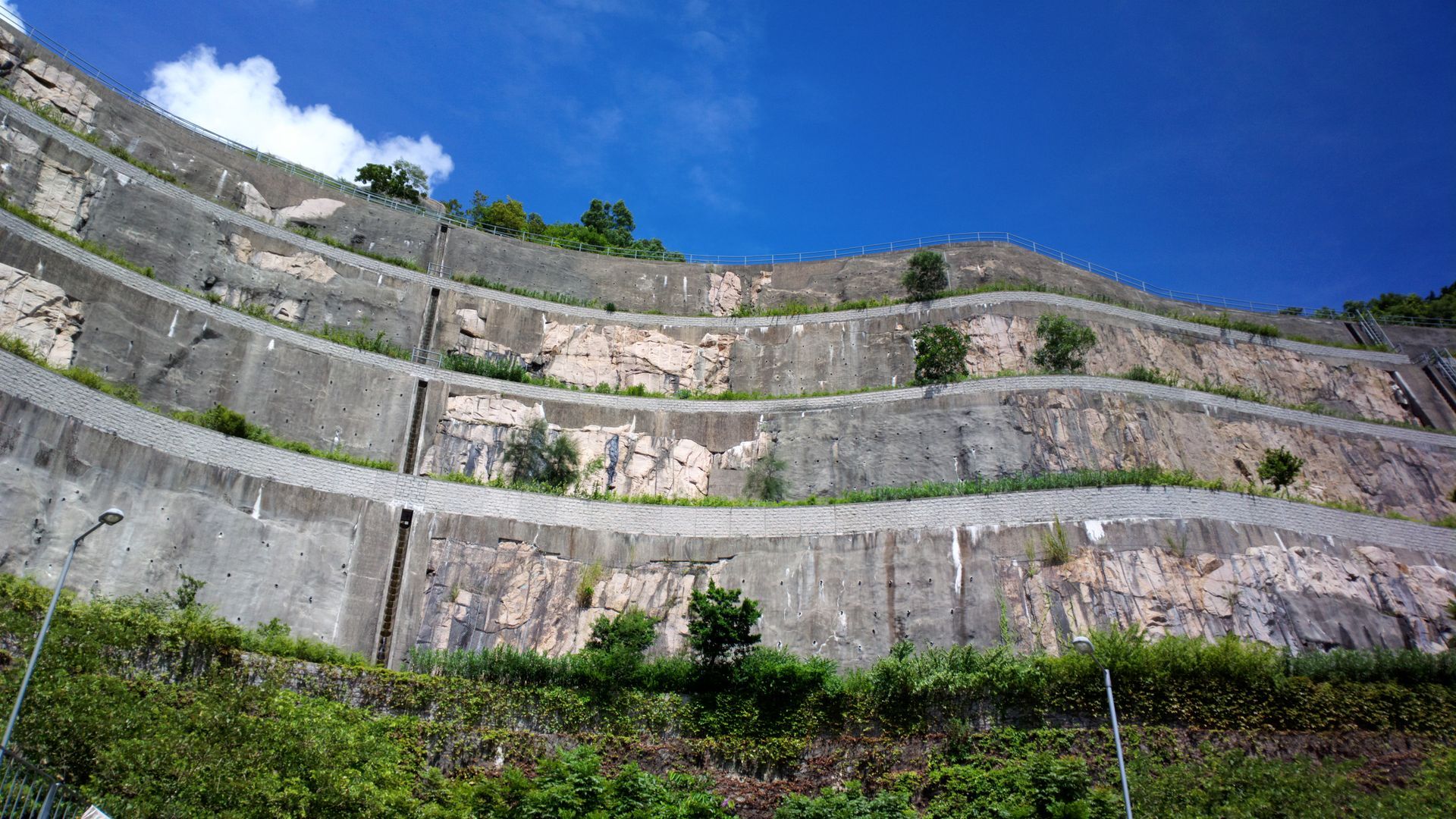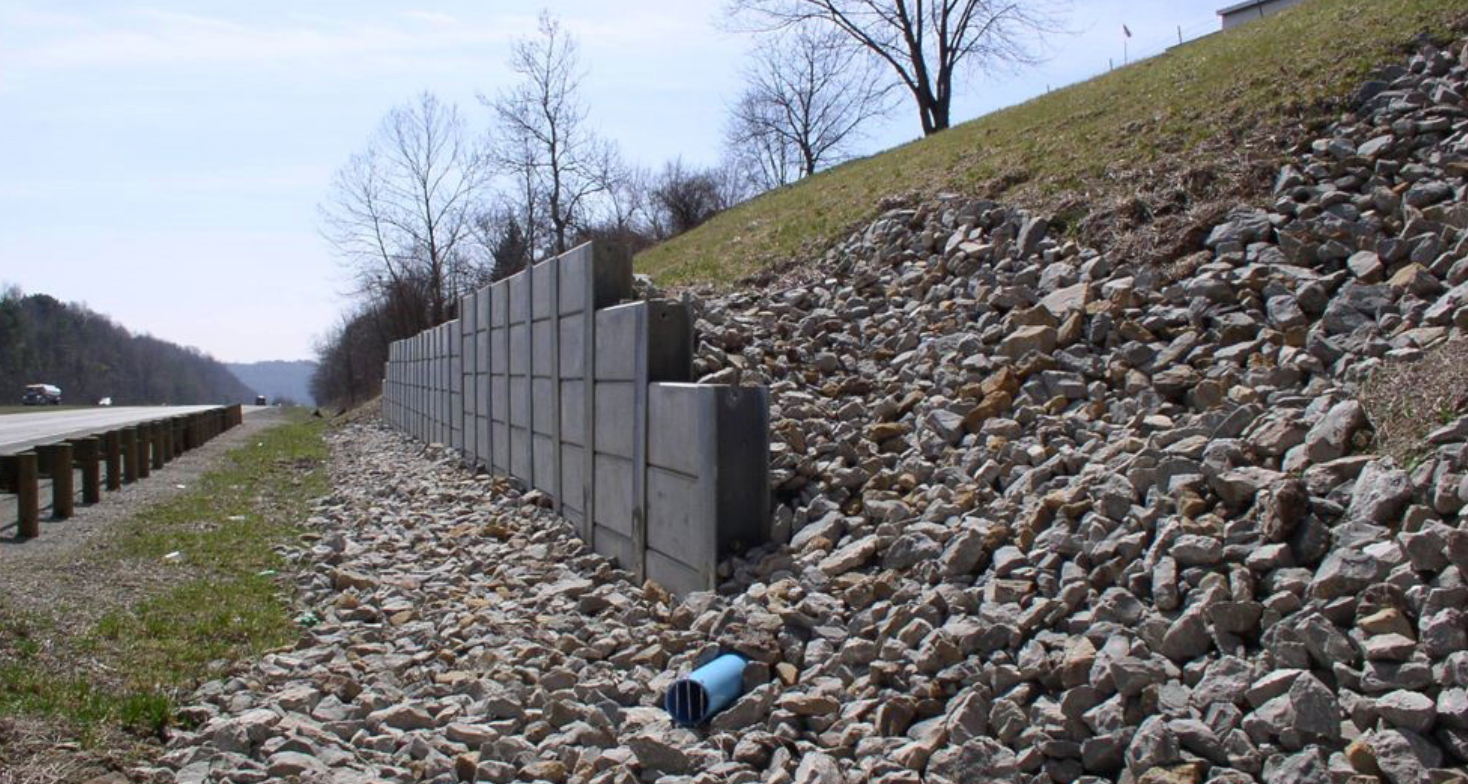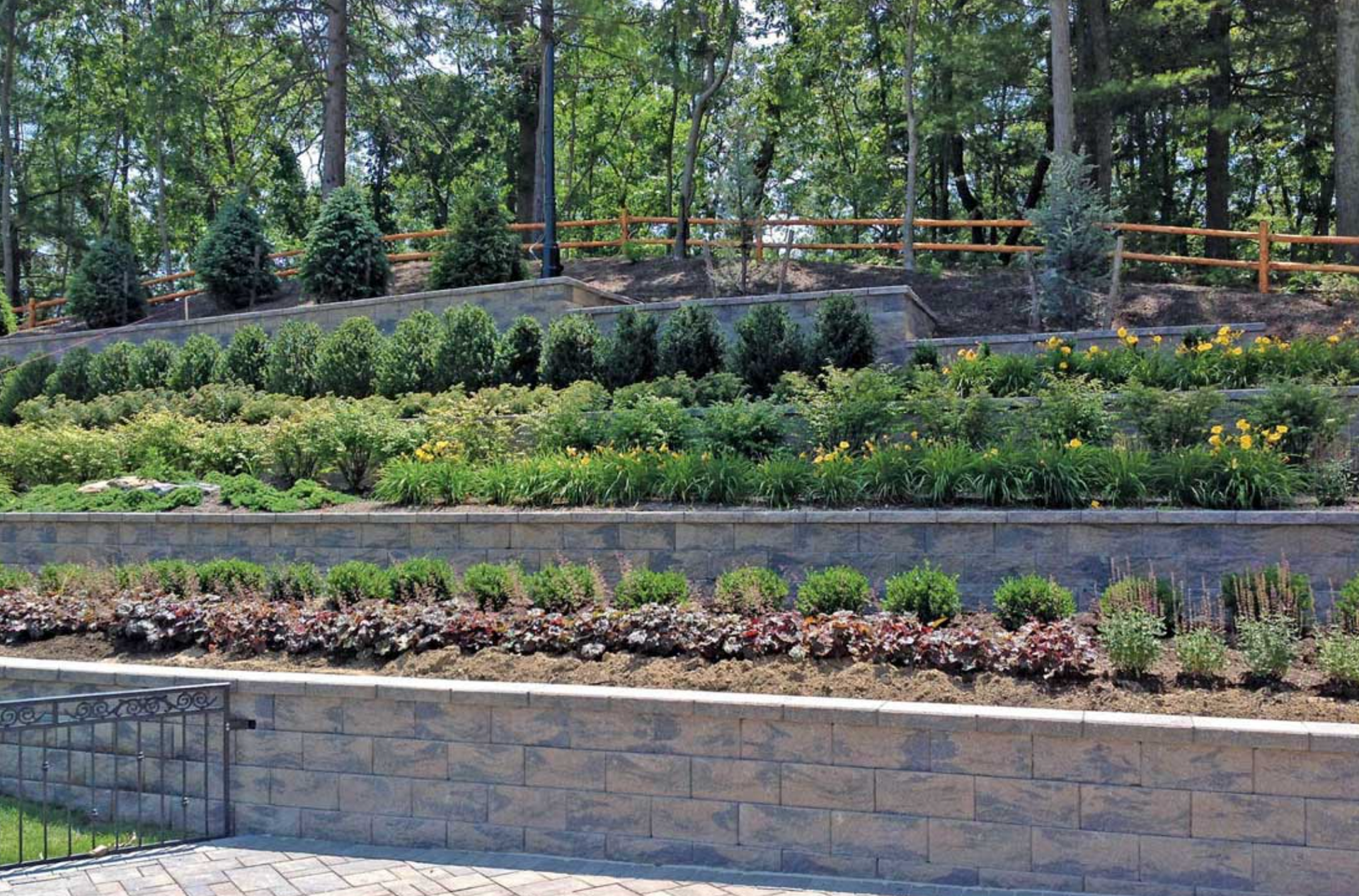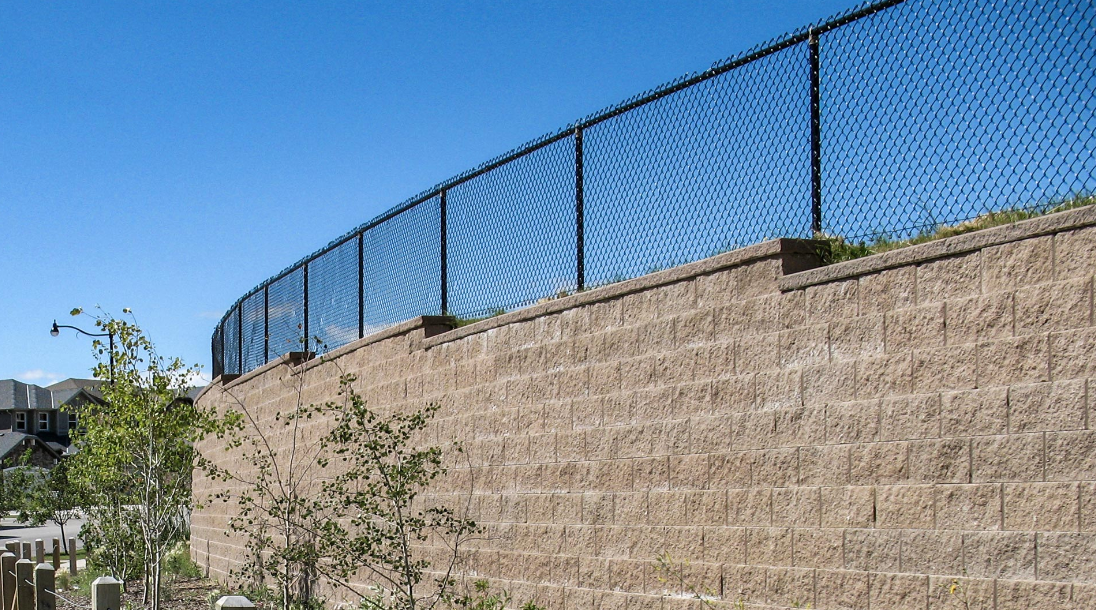Introduction: Retaining Walls in Commercial and Industrial Properties
Retaining walls are structures that are used to hold back soil or other materials and prevent them from eroding or sliding down. They are commonly found in hilly or sloped areas, but they can also be used in flat landscapes to create raised beds, terraces, or other landscape features. In commercial and industrial properties, retaining walls have several purposes and benefits that make them a valuable investment.
The primary purpose of retaining walls in commercial and industrial properties is to control erosion and manage water runoff. When rainwater or other liquids flow down a slope, they can erode the soil and create gullies or channels. This can cause damage to the property, create safety hazards, and reduce the usable space. Retaining walls are designed to hold back the soil and prevent erosion, thereby protecting the property from damage and liability.
Retaining walls also offer several other benefits for commercial and industrial properties. These include:
- Improved land use: By creating level or terraced areas, retaining walls can increase the usable space on a property and make it more functional for various purposes such as parking lots, outdoor seating areas, or landscaping features.
- Enhanced aesthetics: Retaining walls can add visual interest and texture to a property by using different materials, colors, and textures. This can improve the overall appearance of the property and create a more welcoming and professional environment.
- Increased property value: Retaining walls can increase the value of a commercial or industrial property by improving its functionality, appearance, and longevity. This can be a valuable investment for property owners who are looking to sell or lease their property in the future.
Overall, retaining walls are an important and versatile feature in commercial and industrial properties. They offer several benefits that can improve the functionality, safety, and appearance of the property. In the next section, we'll explore how retaining walls can improve land use in commercial and industrial properties.
Improved Land Use: How Retaining Walls Can Increase Usable Space on a Property
Retaining walls can transform sloped or uneven terrain into level or terraced areas, creating additional space that can be used for various purposes. In commercial and industrial properties, this can be especially valuable since space is often at a premium. Here are some ways that retaining walls can improve land use in commercial and industrial properties:
Creating Flat Areas for Parking Lots and Loading Docks
Many commercial and industrial properties require ample parking space for employees and customers or loading docks for deliveries and shipments. Retaining walls can help create flat, level areas that are suitable for these purposes. By building retaining walls that hold back the soil and level the terrain, parking lots and loading docks can be constructed in areas that would have otherwise been too steep or uneven.
Adding Outdoor Seating and Gathering Areas
In addition to functional areas like parking lots and loading docks, retaining walls can also create spaces for outdoor seating and gathering areas. For example, a restaurant or café could create a terraced seating area that overlooks a scenic view or a plaza that provides space for people to gather and relax. These areas can be designed with a variety of materials and textures, such as
stone or brick, to create an inviting and aesthetically pleasing environment.
Incorporating Landscaping Features
Retaining walls can also be used to create raised beds, planters, or garden areas that add greenery and visual interest to a commercial or industrial property. By building retaining walls around these features, they can be protected from erosion and damage caused by water runoff. Landscaping features can also be designed to improve the air quality, provide shade, or attract wildlife to the property.
Overall, retaining walls offer a versatile solution for improving land use in commercial and industrial properties. By creating flat areas, outdoor seating and gathering areas, and landscaping features, retaining walls can increase the usable space and create a more functional and attractive environment. In the next section, we'll explore how retaining walls can control erosion and prevent damage to the property.
Increased Property Value
In addition to the functional and aesthetic benefits, retaining walls can also increase the value of a commercial or industrial property. Here are some reasons why:
Improved functionality
Retaining walls can create additional usable space on a property, which can be attractive to potential buyers or tenants. This added space can be used for parking, storage, or even as a landscaped area for outdoor events.
Enhanced aesthetics
A well-designed retaining wall can add visual interest and texture to a property, which can improve its curb appeal and make it more attractive to potential buyers or tenants.
Longevity
Retaining walls are designed to last for many years with proper maintenance. This can provide peace of mind to property owners and increase the perceived value of the property.
Increased demand
Properties with retaining walls are often in high demand, especially in areas with steep slopes or challenging terrain. This can lead to increased competition among buyers or tenants, which can drive up the property value.
Overall, investing in a retaining wall can be a smart choice for commercial or industrial property owners who want to improve their property's functionality, appearance, and value.
FAQs
Conclusion
In summary, retaining walls can provide numerous benefits for commercial and industrial properties. These structures can increase usable space, prevent erosion, enhance aesthetics, increase property value, and improve safety. By retaining soil and managing water runoff, retaining walls can also prevent damage to the property and surrounding areas.
At Pittsburgh Retaining Walls, we have years of experience designing and installing retaining walls for a variety of commercial and industrial properties. Our team of experts can help you identify the best solution for your specific needs and budget.
If you are interested in learning more about how retaining walls can benefit your property, or if you would like to schedule a consultation, please do not hesitate to contact us. We are dedicated to providing the highest level of service and satisfaction to all of our clients.
Call Us





